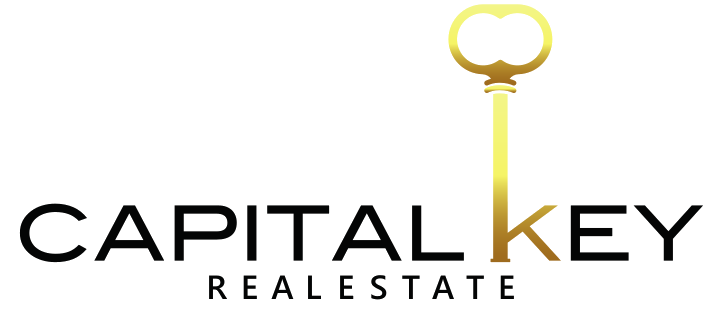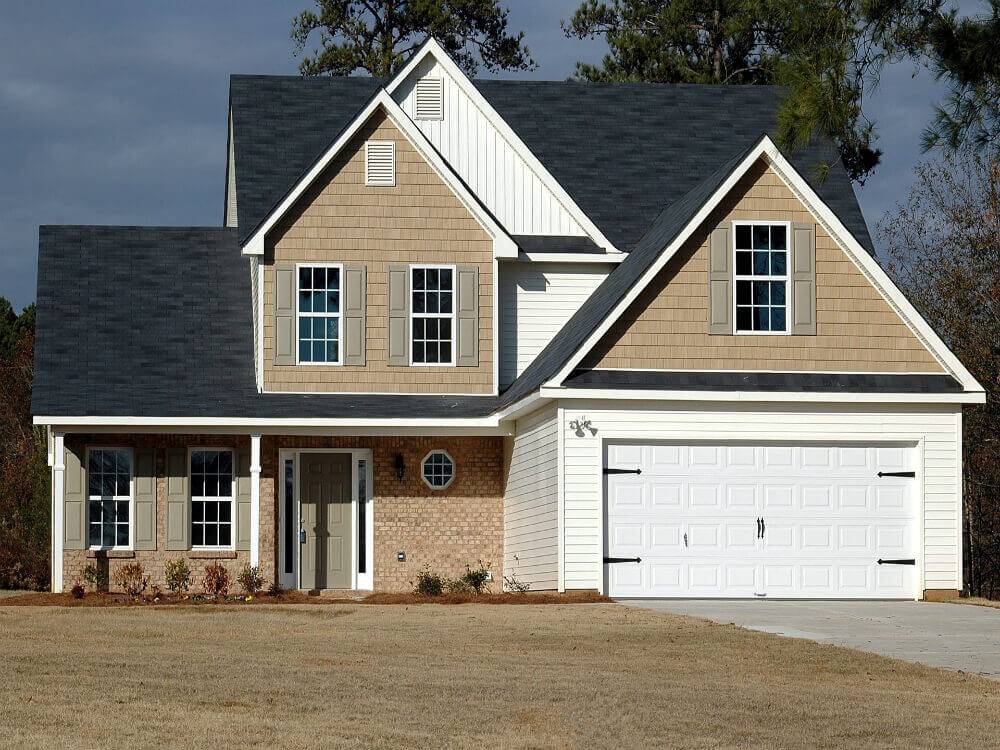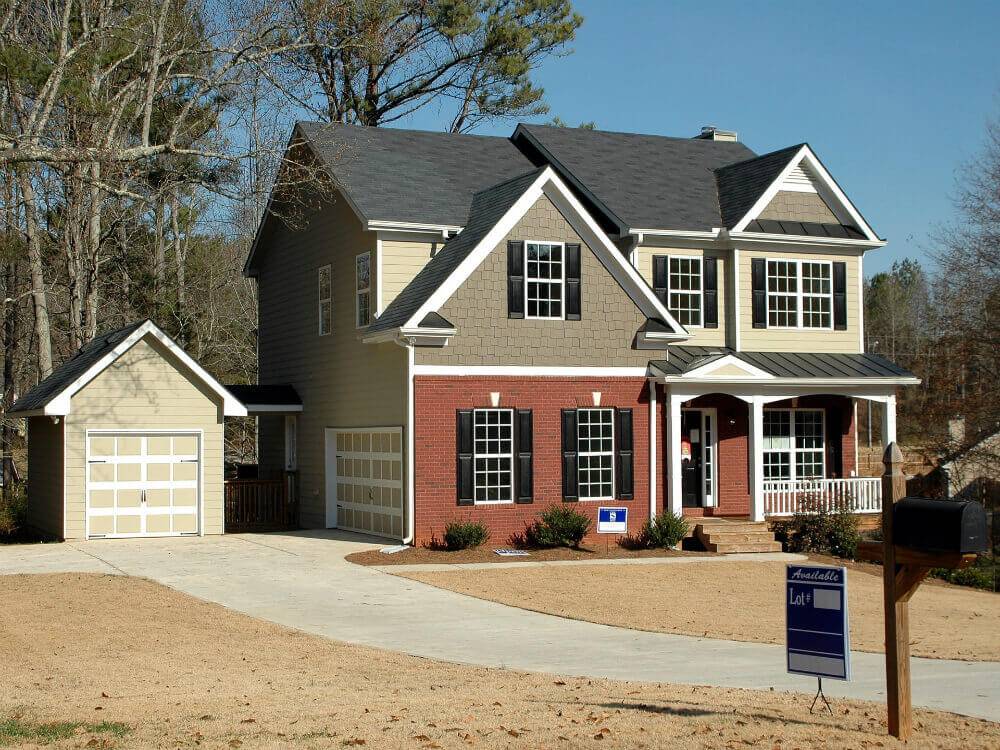How to Specialize in Appraising Green Homes
There are many reasons why appraising green homes is recommended for residential real estate appraisers. For one, green residential properties are gaining popularity throughout the U.S. Additionally, green home appraisers offer a unique skill set for which they can charge higher fees, and they get to do exciting, challenging work. In this post, we lay out the steps needed to establish yourself in this profitable and increasingly popular niche.
Step 1: Become a certified residential or certified general appraiser
Appraising a green or eco-friendly home is a complex residential appraisal assignment. So, at a minimum, you must be a certified residential or certified general appraiser. If you haven’t already achieved one of those license levels, then you’ll need to upgrade your appraisal license as the first step toward appraising these high performance homes.
Is it time to upgrade your appraisal license? Learn more with our free upgrade guide. Packages with payment plans are available.
Step 2: Familiarize yourself with the green home market
Next, make sure you understand the prevalence of green homes in the global and local real estate markets. You can gain technical knowledge by researching and reading architectural, marketing, and building articles, as well as technical papers about green homes. Recommended resources include the U.S. Green Building Council, the Green Building Registry, the Database of State Incentives for Renewables & Efficiency®, the Residential Energy Services Network and McKissock Learning’s appraisal blog.
Step 3: Earn a professional certification
Certifications are a great way to demonstrate your appraisal knowledge and stand out from the competition. If you’re looking to enhance your knowledge and skIlls in the area of green home appraisals, consider enrolling in McKissock’s Certified Green Home Appraiser (CGHA) program, where you will learn various appraisal methodology and valuation considerations, technical skills, and professional skills specific to appraising green homes.
While having this certification is not required to appraise green homes, it helps you market your services and demonstrate to potential clients that you have acquired the advanced knowledge to appraise these types of homes.
Step 4: Get started as a specialist in appraising green homes
Now that you’ve learned how to specialize in appraising green homes, the next step is to start bringing in clients. You’ll want to get to know the right people, such as real estate professionals (agents or brokers) who specialize in green properties, as well as builders who specialize in building LEED-certified or eco-friendly homes.
Additionally, you could introduce your appraisal services to lenders that specialize in “energy-efficient” mortgages or mortgages that help homeowners purchase a new “green” home or make improvements to an existing property.
Want more info on how to become a green home appraiser? Looking to sharpen your skills in this profitable niche? Enroll in McKissock’s Certified Green Home Appraiser (CGHA) program—included with your Unlimited Learning Membership.
Share













